'The Crown' finale: Blurring the lines between fact and fiction too much
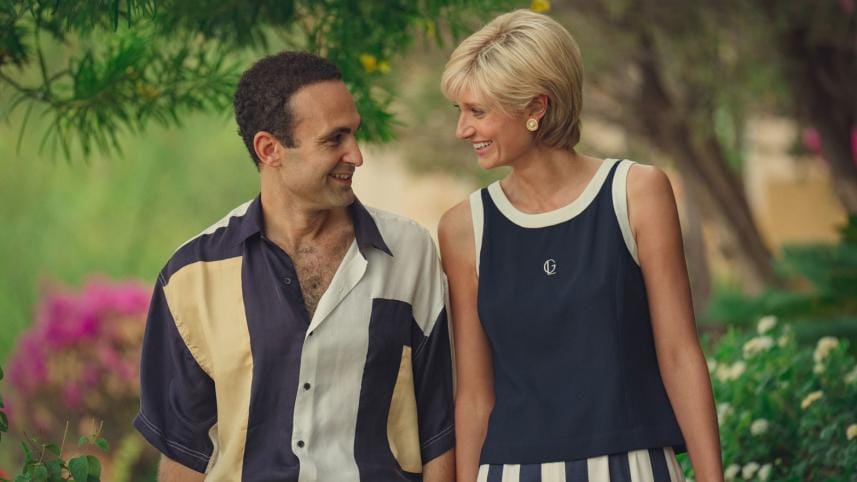
In the final and sixth season of Netflix's "The Crown", the Queen's leadership and matriarchal qualities are highlighted while also acknowledging her many shortcomings. It allows viewers to make their own judgments on her contradictions and complexities. It seems that the Queen always saw Diana as the complete opposite of herself—someone who yearned to be freed from the system's constraints and truly flourish.
The season was released in two instalments: four episodes centring on Diana's last moments were released on November 16, and the next six episodes about the events following her death were released on December 13.
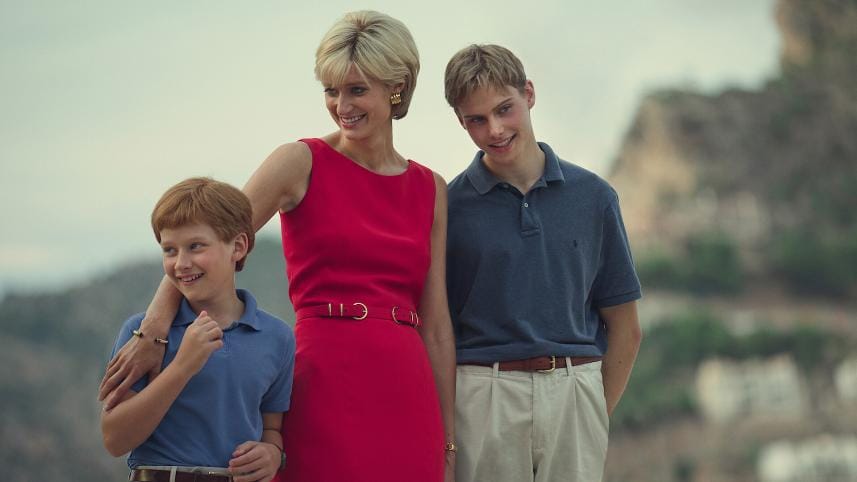
The controlled, cosy bubble of Queen Elizabeth's existence and the cramped anarchy of Diana's life as the prey of paparazzi clash fiercely in this season. The first four episodes do not shy away from portraying the impending sense of doom as Charles, William, and Harry have their last conversations with Diana. The previous episodes seem rushed, packing many stories of individual characters.

Olivia Colman passed on the torch to Imelda Staunton to play the Queen. Staunton did a brilliant job at playing the Queen, especially during Diana's lifetime. Most of the time, she was an enigma, but her bitterness towards Diana and exhaustion from reigning for half a century were palpable in some scenes.
Elizabeth Debicki is fantastic in her role as Princess Diana. Her eyes and movements perfectly mimic those of Diana. Debicki must have a permanent cramp by having to look at everyone by bending her neck to perfect Diana's look.
Dominic West, as Prince Charles, is often regarded as the only inappropriate cast in this ensemble. However, his coarseness and rage have clearly portrayed Charles' narcissistic and sulky side. Through the intrusive projections, we learn his reaction to Diana's death and his never-ending battle to get blessings from his mother for his marriage to Camila.
Diana's last moments were depicted in excruciating detail to the point where the series became more about her than the monarchy itself. The narrative of this season may have been perceived as exploitative or, even worse, as a cynical recreation of a recent tragedy whose visuals have left a lasting impression on millions of people worldwide. However, they have handled Diana's death with sympathy and integrity.
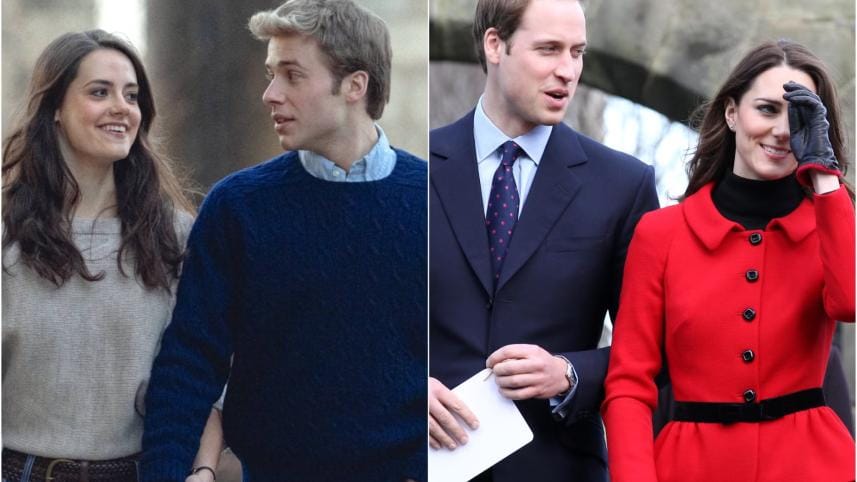
In the six seasons, the show's most successful, enticing, and rewarding aspect has always been the fictionalised scenarios. The imagined conversations between members of the royal family, strategies for different national events, and conspiracy theories were all done brilliantly with lively dialogue and a convincing plot that aligned with as much information as we knew from the tabloids and books.
Truth is malleable in this series, however, some stories give the impression of being deliberately accusatory. For example, this season goes to great lengths to show that Mohamed Al-Fayed, the father of Diana's boyfriend, Dodi Fayed, was responsible for their murders. He is also conspicuously blamed for being the perpetrator behind putting paparazzi at their tails. This narrative comes across as every bit as shallow as the royal-obsessed tabloid frenzies "The Crown" depicts.
Moreover, "The Crown" fanned the flames of the enduring media narrative that Diana's "wild lifestyle" resulted in the tragic car crash. In reality, the accident would not have happened if Diana had been granted the protection detail from Buckingham Palace she clearly needed. She was, instead, left on her own with the Fayeds, a motif that would haunt the royal family decades later when Harry and Meghan escaped the system and discovered safety from them.
In a frustrating parallel to Mohamed Al-Fayed's seemingly fictionalised manipulations in the first half of the season, the person ultimately in charge of manipulating William and Kate's relationship is her mother, Carole Middleton.
Over the years, the creator of the show, Peter Morgan's sophisticated prose and insightful, speculative psychology have been a pleasure to observe. But far too frequently in these formulaic last seasons, we could have created the narrative ourselves. In some cases, it carelessly fused fact and fiction to manipulate the true history of the British royal family. Morgan has been blamed for favouring a humanist approach to his royal subjects more and more, even if it means romanticising them too much or refusing to hold them accountable for their darkest moments.




 For all latest news, follow The Daily Star's Google News channel.
For all latest news, follow The Daily Star's Google News channel. 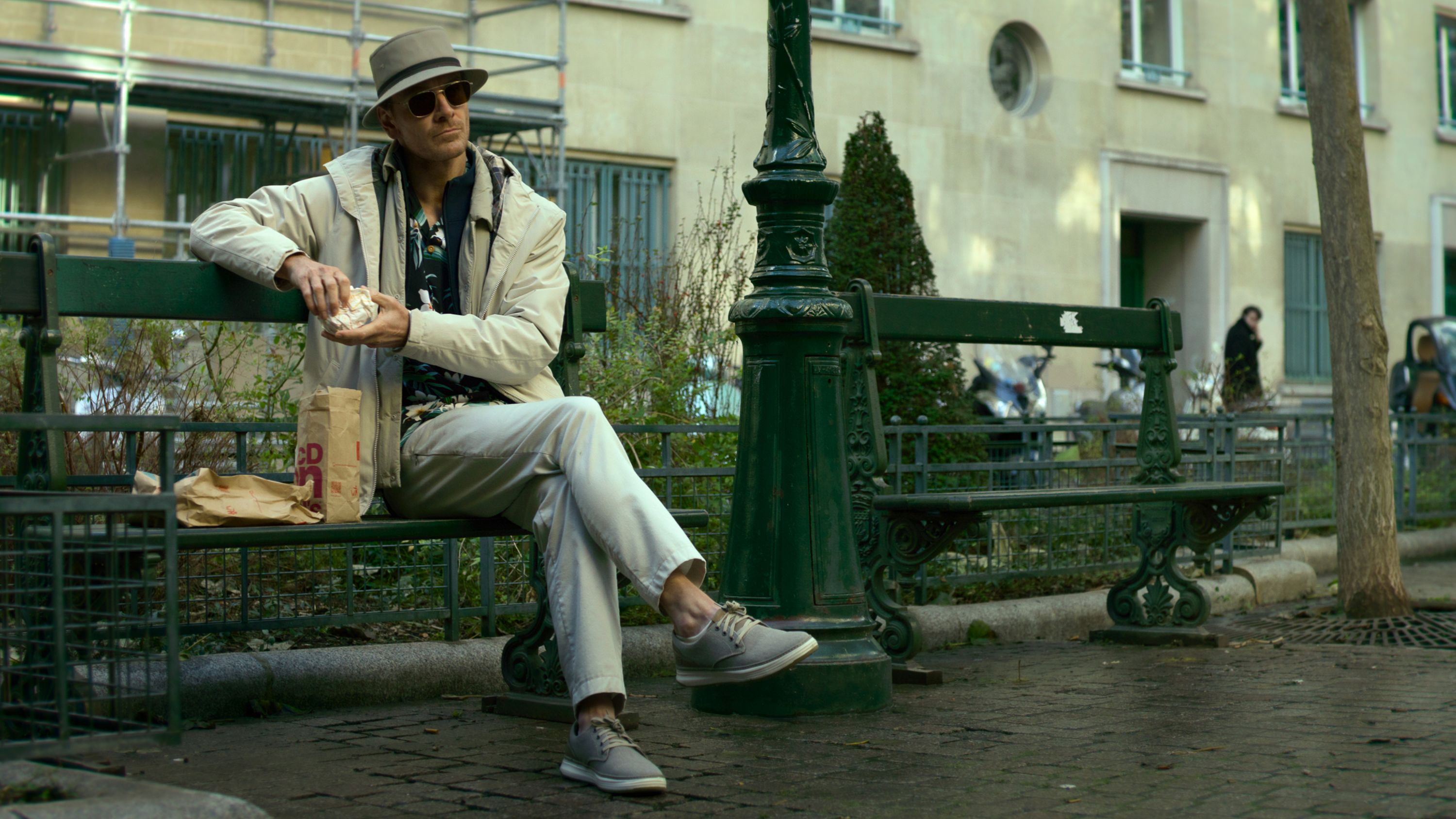
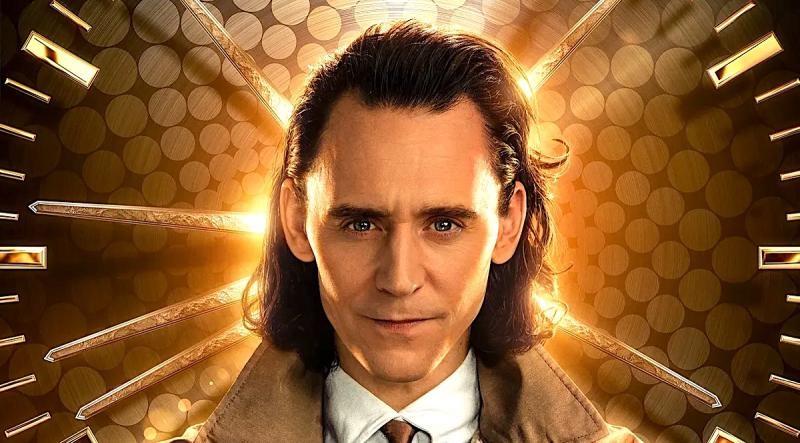
Comments